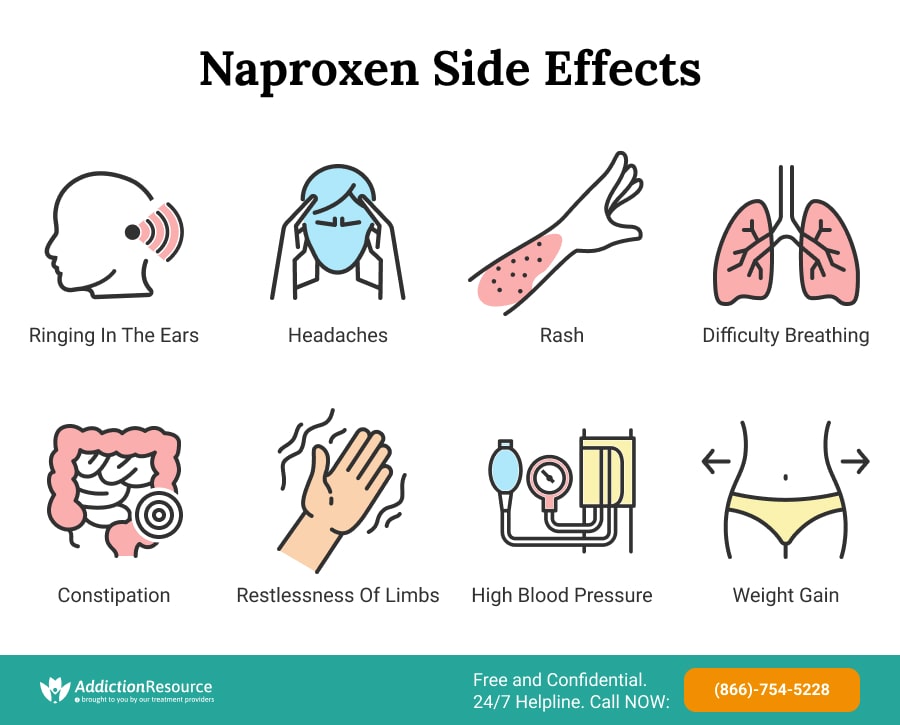We deliver to you every day from 7:00 to 23:00
The best discounts this week
Every week you can find the best discounts here.
How Long Does Naproxen Stay in Your System?
Naproxen is a widely used nonsteroidal anti-inflammatory drug (NSAID) that helps reduce pain, inflammation, and fever. It’s often used for conditions like arthritis, menstrual pain, and other types of acute pain. If you’ve ever taken naproxen, you might wonder how long it stays in your system. The duration of naproxen in the body depends on several factors, including dosage, metabolism, and the health of your liver and kidneys. In this article, we’ll explore how long naproxen stays in your system and answer some frequently asked questions about its usage.

What is Naproxen?
Naproxen is an NSAID that works by inhibiting the production of chemicals in the body that cause inflammation and pain. It is available over-the-counter in lower doses (Aleve, for example) and in higher doses by prescription. It’s commonly used for pain relief from conditions like:
-
Arthritis
-
Muscle and joint pain
-
Menstrual cramps
-
Headaches
As with other NSAIDs, naproxen can have side effects, and it’s essential to use it according to the guidelines provided by a healthcare professional.
How Long Does Naproxen Stay in Your System?
The main factor determining how long naproxen stays in your system is its half-life. The half-life of a drug is the time it takes for half of the drug to be eliminated from the body.
The Half-Life of Naproxen
The half-life of naproxen is typically around 12 to 17 hours. This means that it takes about 12 to 17 hours for the concentration of naproxen in the blood to reduce by half. However, naproxen can take up to two to three days to completely leave your system. The exact time will vary based on factors such as:
-
Dosage: Higher doses take longer to clear from your system.
-
Metabolism: People with faster metabolisms will process the drug more quickly.
-
Kidney and liver function: If your liver or kidneys are not functioning optimally, it may take longer for naproxen to be eliminated.
:max_bytes(150000):strip_icc()/naproxen-the-active-ingredient-in-aleve-296448_color2-5c05a73a46e0fb0001888c68.png)
Factors That Affect How Long Naproxen Stays in Your System
-
Age: Older adults may metabolize drugs more slowly, meaning naproxen may stay in their system longer.
-
Body Mass: Larger individuals may take longer to clear medications, while people with a lower body mass may eliminate drugs faster.
-
Kidney and Liver Health: Both of these organs are responsible for eliminating medications from the body. If you have compromised kidney or liver function, naproxen may stay in your system longer.
-
Hydration: Staying hydrated can help the body process and eliminate medications more efficiently.
-
Chronic Use: If you take naproxen regularly, it may accumulate in your system, and the time for elimination may be longer than usual.
How Is Naproxen Eliminated from the Body?
Naproxen is primarily metabolized in the liver and excreted in the urine. The liver processes naproxen, and the kidneys help filter out the metabolites. Both organs play crucial roles in eliminating the drug from the body. The process takes time, and it can vary based on your overall health.
Urine and Metabolism
The kidneys filter the substances from the blood, and naproxen’s metabolites are excreted in the urine. In healthy individuals, naproxen should be cleared from the body within two to three days after the last dose.
How Long Should You Wait Before Taking Another Dose?
When taking naproxen, it’s important to follow the recommended dosing schedule to avoid any potential risks or side effects, such as gastrointestinal bleeding.
-
For over-the-counter use (such as Aleve), you should wait at least 8 to 12 hours between doses.
-
For prescription use, your healthcare provider will specify the appropriate dosing schedule, which can be more frequent based on your condition.
It’s important not to exceed the recommended dosage, as excessive naproxen use can lead to serious complications, including kidney damage and gastric ulcers.
Side Effects of Naproxen
While naproxen is effective in treating pain, it can cause side effects. Some of the most common side effects include:
-
Gastrointestinal issues: Including nausea, indigestion, and stomach pain.
-
Dizziness or drowsiness: Especially when standing up quickly.
-
Increased blood pressure: Prolonged use may elevate blood pressure.
-
Kidney damage: Prolonged or high-dose use can affect kidney function.
It is crucial to be aware of these potential side effects and discuss any concerns with your healthcare provider before starting naproxen.
How to Safely Discontinue Naproxen
If you need to stop taking naproxen, it’s generally safe to do so without any specific tapering process. However, if you’ve been using it for a long time or in high doses, it’s always a good idea to consult with a healthcare provider.
If you experience any unusual symptoms or side effects after discontinuing naproxen, seek medical advice immediately.
Can Naproxen Be Used with Other Medications?
It’s essential to consider potential interactions when taking naproxen with other medications. Some medications that may interact with naproxen include:
-
Blood thinners: Naproxen can increase the risk of bleeding when taken with anticoagulants.
-
Other NSAIDs: Using multiple NSAIDs at the same time can increase the risk of gastrointestinal side effects and kidney problems.
-
Antihypertensive drugs: Naproxen can reduce the effectiveness of blood pressure medications.
Always consult with your healthcare provider before combining naproxen with other medications to ensure your safety.
How Long Does Naproxen Stay in Your System? FAQs
How long does it take for naproxen to leave your system?
Naproxen typically takes 2-3 days to be completely cleared from your system, though this time can vary depending on individual factors such as metabolism and kidney function.
Can I drink alcohol while taking naproxen?
It is not recommended to consume alcohol while taking naproxen. Both alcohol and naproxen can irritate the stomach lining, increasing the risk of gastrointestinal bleeding.
What happens if I take too much naproxen?
Taking too much naproxen can lead to serious side effects such as stomach ulcers, bleeding, kidney damage, and high blood pressure. If you suspect an overdose, seek immediate medical attention.
Is naproxen addictive?
No, naproxen is not considered addictive. However, like all medications, it should be used responsibly and under the guidance of a healthcare provider.

Conclusion
In conclusion, naproxen typically stays in your system for about two to three days, with a half-life of 12 to 17 hours. However, several factors such as your metabolism, kidney and liver function, and the dosage taken can affect how long the drug remains in your body. Always follow the recommended dosage and consult your healthcare provider if you have any concerns about taking naproxen or its potential interactions with other medications. By understanding how naproxen works and how long it stays in your system, you can use it more effectively and safely to manage your pain.











